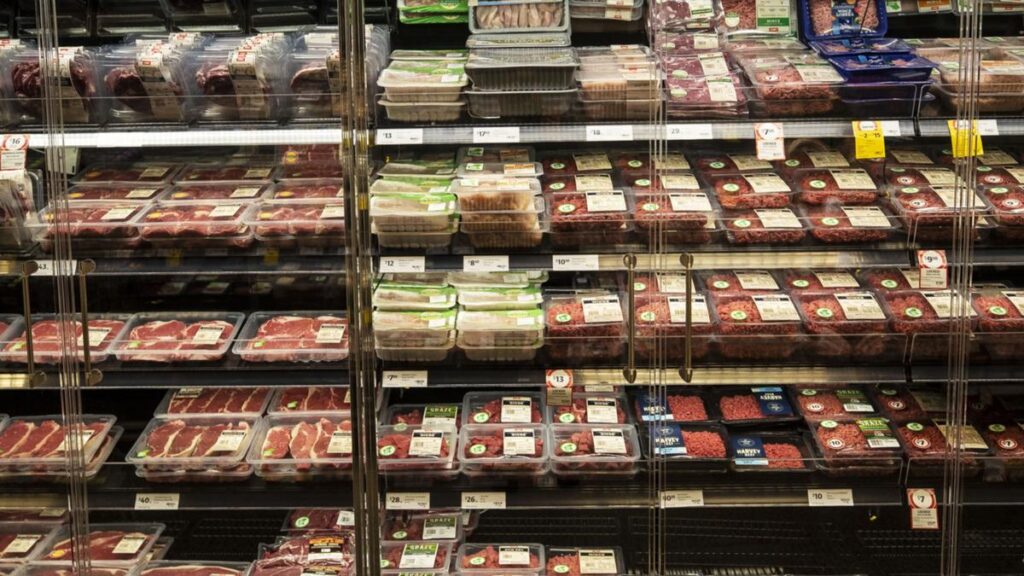Coles has delivered a 3.4 per cent lift in third-quarter revenue, driven by the strong performance of its supermarkets division, even as cash-strapped shopper cut back on treats and buy less meat and bottled water.
The grocery giant on Wednesday said group revenue hit $10.4 billion in the 12 weeks to the end of March, up from $10b recorded a year ago.
Sales at its 858 supermarkets grew to $9.4b, up 3.7 per cent from $9.06b. Excluding tobacco, sales increased by 4.7 per cent.
At Coles’ struggling liquor arm sales grew 3.4 per cent to $813m.
Coles investors gave a tepid reception to the results, with shares lifting to $21.55 in the opening minutes of trade, but have since fallen 0.4 per cent to $21.29.
“We are pleased to have delivered another solid quarter of sales growth, particularly as we were cycling a very strong third quarter in FY24,” chief executive Leah Weckert said.
“At the same time we faced a number of major weather events, including cyclone Alfred and severe flooding in Far North Queensland.”
Supermarkets inflation was stable at 1.5 per cent over the March quarter. Coles said meat and fresh produce drove inflation due to continued increases in livestock costs, the impact of cyclone Alfred and the cycling of abundant supply in some categories, such as avocados in the December quarter.
Ms Weckert said she was seeing continued cost-cutting behaviours from customers, like reducing consumption on treats, alcohol, meat, and bottled water as they look for savings.
“Our most popular and well-performing specials every week would be the ones that are the 40 and 50 per cent off,” she said.
Asked if the economy was past the inflation bubble, Ms Weckert said some packaged categories have moved into deflation.
“If you take a lot of the non-food categories, like your cleaning and health and beauty and the likes, they are categories that are now in deflation and have been for a little while now,” Ms Weckert told media on a call.
“There are other categories though in the food space which are still experiencing inflation, primarily because there’s changes in pricing around ingredients.
“The two I would call out there are products that have cocoa in them, but also coffee, and so we are continuing to see cost price increases come through from suppliers because of those two ingredients.”
Coles said the period marked the first quarter where it was able to fully operate its automated distribution and Ocado customer fulfilment centres in the east coast. This has led to improved product availability.
Ms Weckert believes US President Donald Trump’s tariffs will have minimal impact on the business, but says Coles will monitor for any indirect effects, particularly around cost of beef processing.
On its outlook, Coles said supermarkets sales growth so far in the final quarter had been broadly in-line with the March quarter.
More to come.



